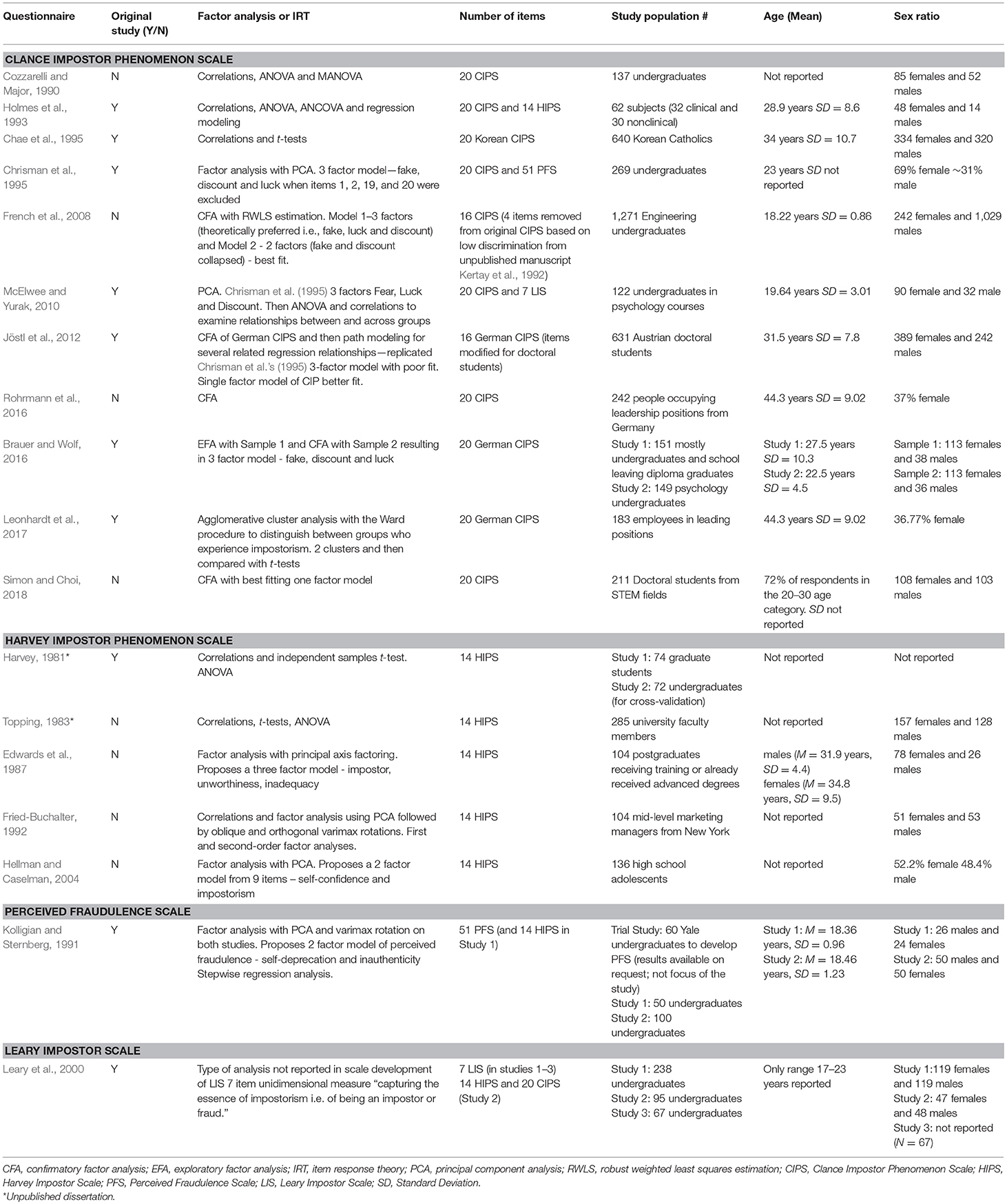In our daily lives, we often encounter psychological obstacles that affect our well-being and success. Among the procrastinadora o que é most sindrome do impostor o que é common como deixar de ter dependencia emocional issues are procrastination, emotional dependency, and impostor syndrome. These problems not only disrupt personal and professional life, but understanding them is the first step to overcoming them.
In this article, you’ll discover what these issues are, how they develop, and practical ways to address them. With the right insights, you can enhance your mental clarity and achieve your goals with confidence.
The Definition and Causes of Procrastination
Procrastination refers to the act of delaying tasks that require immediate attention. It is commonly caused by fear of failure, perfectionism, or lack of motivation.

Research shows that procrastination stems from how our minds prioritize instant gratification over long-term benefits. Common causes include poor time management, low energy levels, and overwhelming workloads. Recognizing these triggers is essential to addressing the issue effectively.
How Emotional Dependency Affects Relationships
Emotional dependency is characterized by a deep reliance on external relationships for approval, validation, or support. While seeking connection is natural, excessive emotional dependency leads to imbalance and stress.
People with emotional dependency often feel insecure without constant reassurance. This behavior often stems from childhood experiences, such as a fear of abandonment or low self-esteem. Therapy and self-reflection can help reduce dependency and promote emotional balance.
What is Impostor Syndrome?
Impostor syndrome refers to the internalized fear of being exposed as a fraud. Despite evidence of competence, individuals with impostor syndrome doubt their own abilities.

This mindset results in anxiety and self-doubt, hindering personal and professional growth. Research suggests that addressing impostor syndrome requires acknowledging accomplishments, reframing negative thoughts, and seeking constructive feedback.
Strategies to Overcome These Challenges
To combat these challenges, consider implementing the following strategies:
- For procrastination: Set small, manageable goals and use tools like to-do lists or time-blocking techniques.
- For emotional dependency: Develop self-reliance through activities like journaling, therapy, or mindfulness practices.
- For impostor syndrome: Keep a journal of your achievements and remind yourself of past accomplishments regularly.
Consistency is vital—practice these techniques daily to achieve sustainable results.
Conclusion: Taking Charge of Your Mental Habits
These common psychological challenges don’t have to define your life. By understanding their causes and applying effective strategies, you set the stage for a more productive, confident, and fulfilling future.
Start small—pick a single habit to focus on and commit to making gradual progress. Over time, you’ll see improvements in your mindset and daily life.